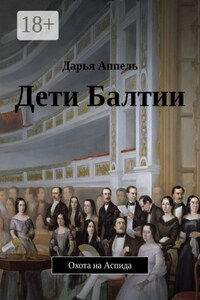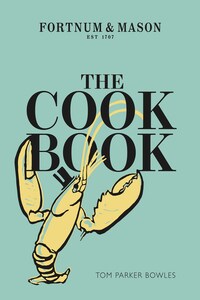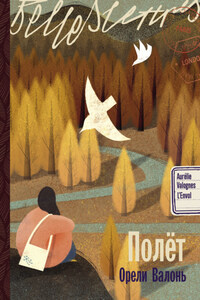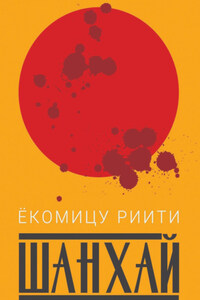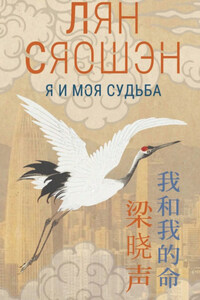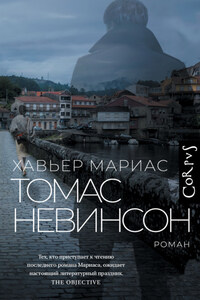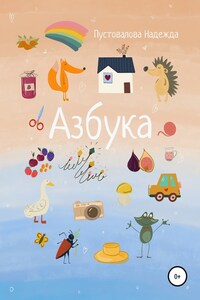The Borough Press
An imprint of HarperCollinsPublishers
1 London Bridge Street
London SE1 9GF
www.harpercollins.co.uk
Published by HarperCollinsPublishers 2017
Copyright © Brittany Newell 2017
Cover design by Micaela Alcaino © HarperCollinsPublishers 2017
Cover photographs © Jonathan Storey/Getty Images
Brittany Newell asserts the moral right to be identified as the author of this work
A catalogue record for this book is available from the British Library
This novel is entirely a work of fiction. The names, characters and incidents portrayed in it are the work of the author’s imagination. Any resemblance to actual persons, living or dead, events or localities is entirely coincidental.
All rights reserved under International and Pan-American Copyright Conventions. By payment of the required fees, you have been granted the non-exclusive, non-transferable right to access and read the text of this e-book on-screen. No part of this text may be reproduced, transmitted, down-loaded, decompiled, reverse engineered, or stored in or introduced into any information storage and retrieval system, in any form or by any means, whether electronic or mechanical, now known or hereinafter invented, without the express written permission of HarperCollins e-books
Source ISBN: 9780008209797
Ebook Edition © April 2017 ISBN: 9780008209803
Version: 2017-02-28
OOLA WORE A PONCHO THROUGH WHICH HER NIPPLES SHOWED.
I remember her like this.
Summer. She was browned and sanded by the beach, our second week in Florida. She was sitting on the wooden kitchen table, ankles crossed, eating an avocado. She ate it with her hands. She ran her knuckle around the inside of the husk, stripping off the meat. She licked the soft flesh off her fingers. They were stained an oily, vivid green. Theo, the cat, sat beside her, tail bent into a question mark.
It was three in the afternoon in late May; I was tired in that drawn-out, nonsensical way, when your body assumes a vaguely erotic position no matter the task and despite your actual urges. The humid air was like a hand incessantly smoothing my hair back. I slumped in the doorway, balancing a sack of groceries on one hip. She didn’t notice me. This is how it often was, she the show and I the crowd, but that day I was keenly aware of the fact that this was what she would be doing if I weren’t around.
The idea titillated me. I was reminded of the high school fantasy of being unseen in a locker room, watching the object of one’s fancy strip and gossip about bigger boys. Except my pleasure was tinged by new panic: How many moments like this had I missed?
Very gently, I set the groceries down.
It had never bothered me before, the hard fact that she lived a life outside my range. I had parents, as we all do, and I never thought about them as people who could have once been children or had lovers or liked music or worn skirts, the clouded majority of their lives sans moi. If I ever spared a thought for them, it was to situate them in my memories as witnesses, those two salt pillars of my youth who had watched me become real.
As I watched her suck the green meat from the webs of her hand, something in me shifted. She turned the avocado skin inside out and scraped it with her front teeth. It was not that she looked more beautiful than usual; don’t mistake me for a butterfly hunter. If anything, I was in that moment a mathematician. I realized how truly little of her I laid claim to. I was antsy. I nudged the grocery sack with my foot. I wanted to see all her states of disregard, of neutrality and slobber. I wanted to see her alone, all alone, treading the lunacy that even the briefest periods of solitude induce. To this day, far sexier than the memory of her with no clothes on, hovering her freckled breasts over me, is the memory of her leaning forward to put the avocado skin on Theo’s head, the darker pigment of her nipples visible but oddly frosted by the rain-resistant plastic of the ninety-nine-cent poncho.
Theo meowed angrily. She caught sight of me in the doorway and only then did she laugh. “I made him a hat,” she said.
She got up, began unpacking the groceries. Here was the Oola I knew. Imperceptible changes warmed her to me. She looked exactly as she had ten minutes before. But where did that other girl go, the identical animal?
“Should I make coffee?” she called over her shoulder.
One drunken night early on in our travels, Oola told me about a friend who could always predict when she was ovulating; she claimed she could feel the egg exit her ovary with a tiny pop. We choked on our wine. But truth be told, that’s how I feel when an idea strikes me. I can feel the obsession taking shape. I can feel the click. That afternoon in the kitchen, I stared at Oola and felt it, the snapping into place. “Yes, strong,” I mumbled. I’d watched a tree fall in the proverbial woods and now I struggled to name the sound it had made. Perhaps a low sigh, as when one turns over in their sleep. A muffled

